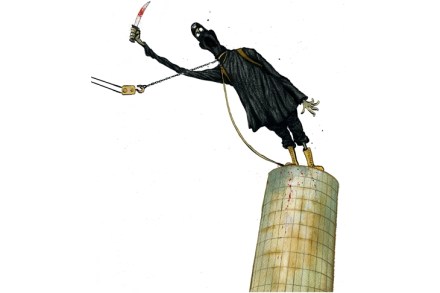The traditionalist worldview has gone from orthodoxy to punchline to nostalgia to ‘hate’ in a startlingly short space of time
I recently rewatched The Birdcage, Mike Nichols’ pleasing farce of clashing values, a Hollywood adaption of Jean Poiret’s lighter, sharper 1973 play La Cage aux Folles. The son of drag club owner Armand Goldman (a dialled-up Robin Williams) has proposed to the daughter of Republican Senator Kevin Keeley (Gene Hackman, almost camper than Williams) and tries to arrange a dinner for the two families without Keeley discovering that Armand is gay. In the end, everyone learns to get along and some riotous slapstick disrupts the mildly preachy tone. It’s not Nichols’ best work but in 1996 it was a step up from the Four Fucks and a Funeral movies that



















